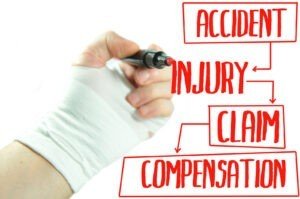Section 173 CrPC – Magistrate Should Consider Initial Report & Supplementary Report Conjointly to Decide Whether to Proceed Against Accused
Case: Luckose Zachariah @ Zak Nedumchira Luke and Others v. Joseph Joseph and Others
Corum: Justices DY Chandrachud and Surya Kant
Case No.: Criminal Appeal No 256 of 2022
Court Observation: “In view of the clear position of law which has been enunciated in the judgments of this Court, both in Vinay Tyagi (supra) and Vinubhai Haribhai Malaviya (supra), it is necessary for the Magistrate, to have due regard to both the reports, the initial report which was submitted under Section 173(2) as well as the supplementary report which was submitted after further investigation in terms of Section 173(8). It is thereafter that the Magistrate would have to take a considered view in accordance with law as to whether there is ground for presuming that the persons named as accused have committed an offence.”
“Both these reports have to be read conjointly and it is the cumulative effect of the reports and the documents annexed thereto to which the court would be expected to apply its mind to determine whether there exist grounds to presume that the accused has committed the offence. If the answer is in the negative, on the basis of these reports, the court shall discharge an accused in compliance with the provisions of Section 227 of the Code.”
“The Sessions Judge was justified in setting aside the order of the Magistrate for the simple reason that after the supplementary report submitted by the investigating officer, the Magistrate was duty bound in terms of the dictum in paragraph 42 of the decision in Vinay Tyagi (supra), as well as the subsequent three-Judge Bench decision in Vinubhai Haribhai Malaviya (supra) to consider both the original report and the supplementary report before determining the steps that have to be taken further in accordance with law. The Magistrate not having done so, it was necessary to restore the proceedings back to the Magistrate so that both the reports could be read conjointly by analyzing the cumulative effect of the reports and the documents annexed thereto, if any, while determining whether there existed grounds to presume that the appellants have committed the offense. The order of the Sessions Judge restoring the proceedings back to the Magistrate was correct to that extent.”
Previous Posts
Being A Court Of Record, High Court Can Review Its Own Judgments Under Article 226 Of the Constitution: Kerala High Court Download Judgement
Keywords
Section 173 CrPC, Initial Report, Supplementary Report




